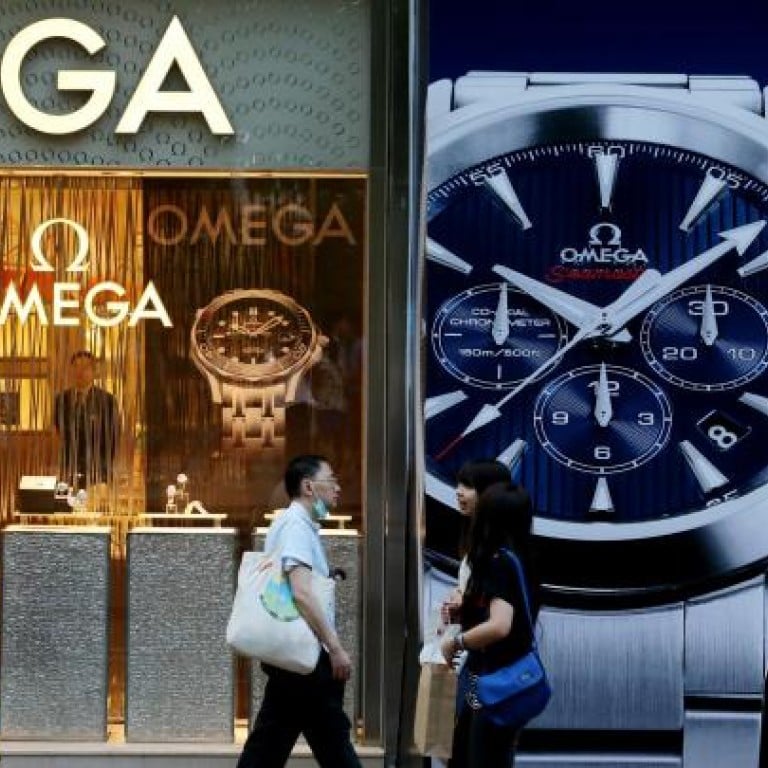
Shop landlords feeling the heat of falling luxury goods sales
Owners are under pressure to curb stratospheric rents as mainland shoppers lose their appetite for luxury goods
Disappointing sales over the "golden week" holiday may put pressure on landlords of street-level shops in core shopping districts to further reduce rents, some market analysts say.

The decline was the sharpest among all retail items, and also the first time this sector recorded a fall since July 2009.
"Spending by mainland visitors is lower due to the weak mainland economy and also a change in their shopping habits," said Joe Lin, senior director of retail services at property consultancy CBRE.
The decline in mainland spending was likely to provide a reality check for retailers who had unrealistically high expectations of sales and landlords who had lifted rents too far.
"I think we will now see a return to more realistic rentals," he added.
Hong Kong Retail Management Association chairwoman Caroline Mak Sui-king said the eight-day holiday break saw fewer mainland visitors coming to Hong Kong and a decline in their spending.
"Many mainlanders like to follow a trend," Lin said. "Previously there was a trend to go shopping in Hong Kong, which was seen as a status symbol. Now mainlanders have more choice and the latest trend is to go shopping in Europe or Korea."
He said retail rents had been driven higher by expectations of a sharp and sustained growth in mainland spending in the city. "Now there is a signal that the market is changing and many retailers are finding they cannot afford the expensive rents," he said. "International brands are turning conservative in leasing shops."
In response to the new mood of caution among retailers, some landlords had cut their asking rents by 20 to 30 per cent in the past two months, but this was still higher than current rental levels, Lin said.
"For example, a landlord who wanted HK$6 million a month for his shop cut it to HK$4.8 million because of a lack of interest," he said. "Now it is on the market at HK$4.5 million - but even that is higher than going rents in the area of about HK$3 million."
Simon Lo Wing-fai, director of the research and advisory department at Colliers International, said retailers were no longer willing to pay premium rents. "They have had to cut their budgets," he said.
He expects no rent growth in the fourth quarter, after they grew 7 per cent in the first three quarters. "I think weakening spending by mainland tourists will not improve in the coming 12 months. But in the long term the outlook is positive."
Retail property investor and developer Emperor International Holdings bought shops in prime locations in the past two years, spending HK$285 million on two shops in Tsim Sha Tsui that offered initial yields of just 1.5 and 1.9 per cent. It made the investments based on the view that yields could rise to 3 per cent when the leases expired and they were able to raise the rents.
But executive director Donald Cheung Ping-keung remains optimistic. "The weak spending by mainlanders will be short term," he said. "It will get better when the economy improves."
Lo of Colliers agrees. "Growth on the mainland will be much better next year, and sales of luxury goods in Hong Kong will benefit. I think retail rents will rise 5 to 10 per cent next year."

